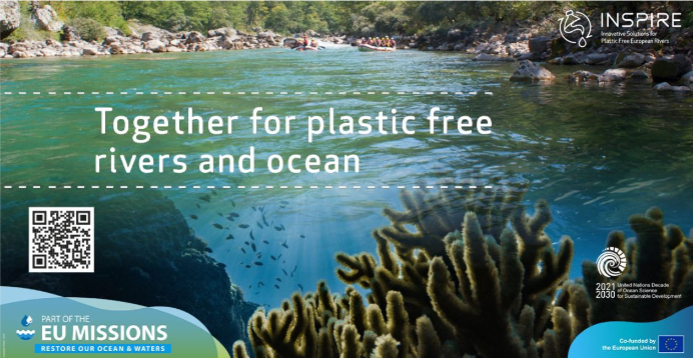The Infordata Sistemi team enthusiastically took part in the INSPIRE European Project Open Day, held in Domžale, Slovenia, on June 18. The event brought together experts, researchers, companies, and policymakers around a common mission: to develop and test innovative solutions to reduce microplastic pollution in wastewater.
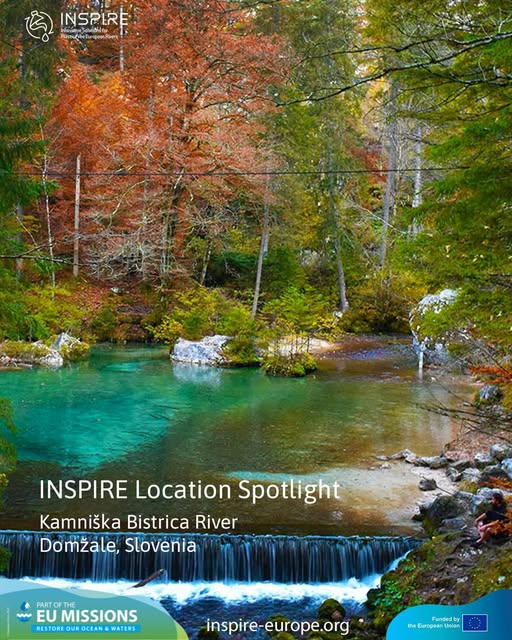
Tackling Plastic Pollution Through Digitalization
One of the highlights of the event was the roundtable discussion titled “Addressing microplastics in wastewater treatment – emerging technologies, analytical tools, and digitalization”, featuring Marko Petelin, project manager of INSPIRE for Infordata. He shared the company’s vision and activities related to digital and technological innovation.
During his talk, Petelin emphasized the importance of digital technologies, IoT, and Artificial Intelligence for improving the monitoring and analysis of pilot plant performance. Infordata is developing tools that collect real-time data from prototype systems, which are then analyzed using predictive models to enhance operational efficiency.
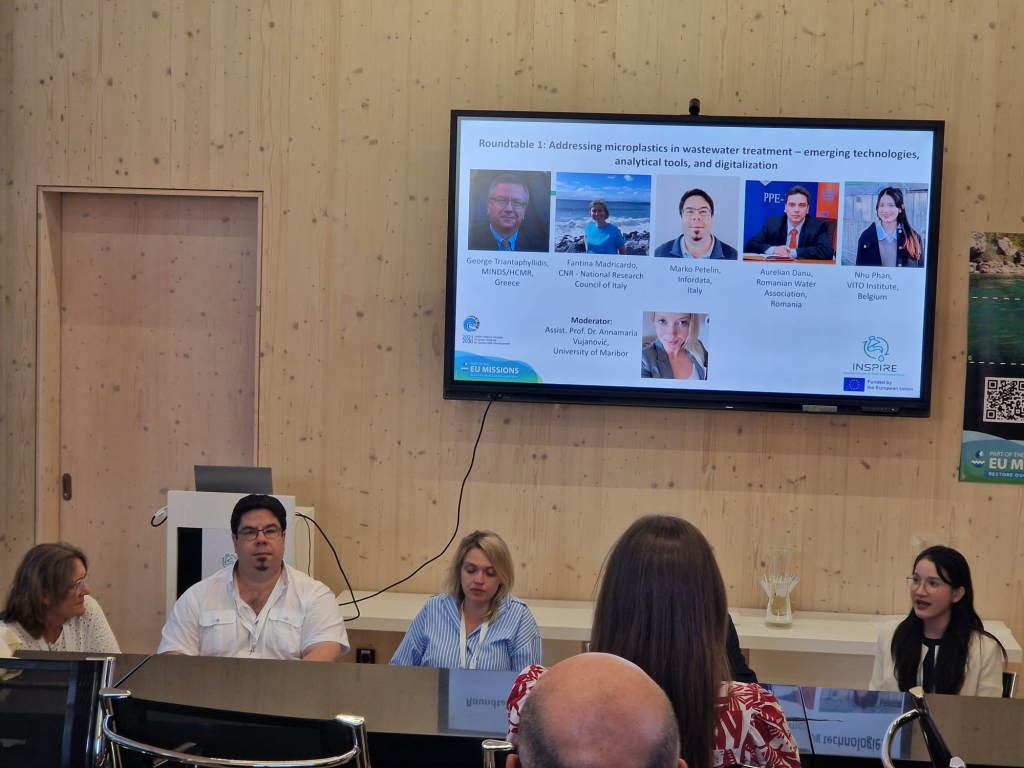
Petelin also highlighted the potential of Digital Twin technologies, which allow virtual simulation of new technologies before making physical investments. He explained the connections with the European initiative EDITO (European Digital Twin of the Ocean), which aims to integrate datasets, software, and digital tools to gain a deeper and more systemic understanding of marine, riverine, and aquatic environments.
Within the INSPIRE project, Infordata also plays a key role as data manager, contributing to the creation of standardized protocols to ensure that data collected across partners and demo sites are comparable and interoperable.
Infordata Technology at the Demo Site
Another innovation presented during the Open Day concerns a new technology under development at Infordata, which combines advanced water monitoring sensors and AI models to detect emerging pollutants and pathogens at an early stage. By crossing sensor data into complex matrices and training predictive algorithms, the system aims to identify environmental anomalies with greater speed and accuracy.
At its dedicated booth, the Infordata team also showcased its sensor and measurement kit, developed in collaboration with the University of Maribor. The kits have been installed at the Domžale demo site and include sensors for COD, pH, conductivity, turbidity, ORP, TOC, and BOD, as well as environmental probes (for temperature and humidity), energy consumption meters, and accelerometers for monitoring machine vibrations.
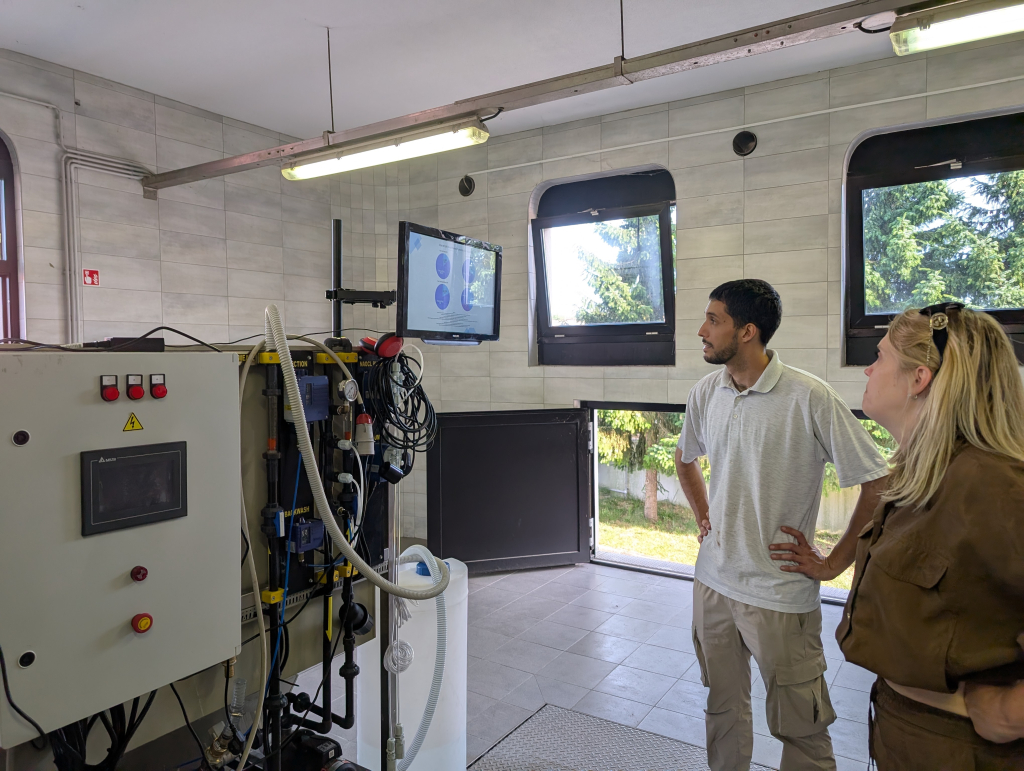
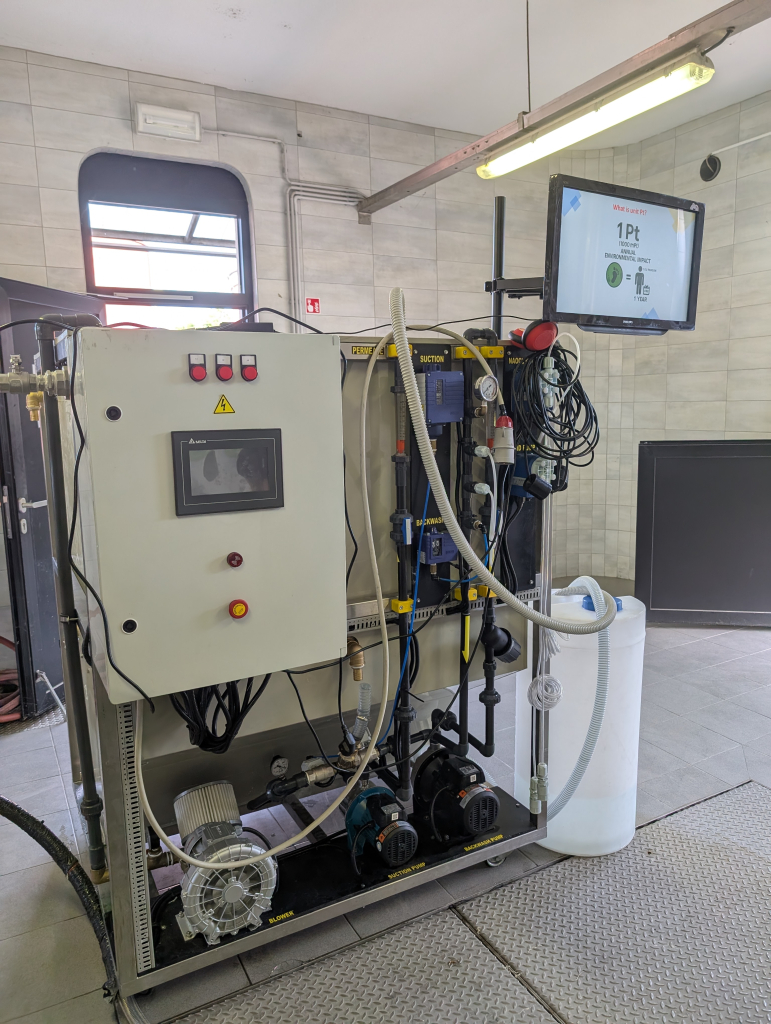
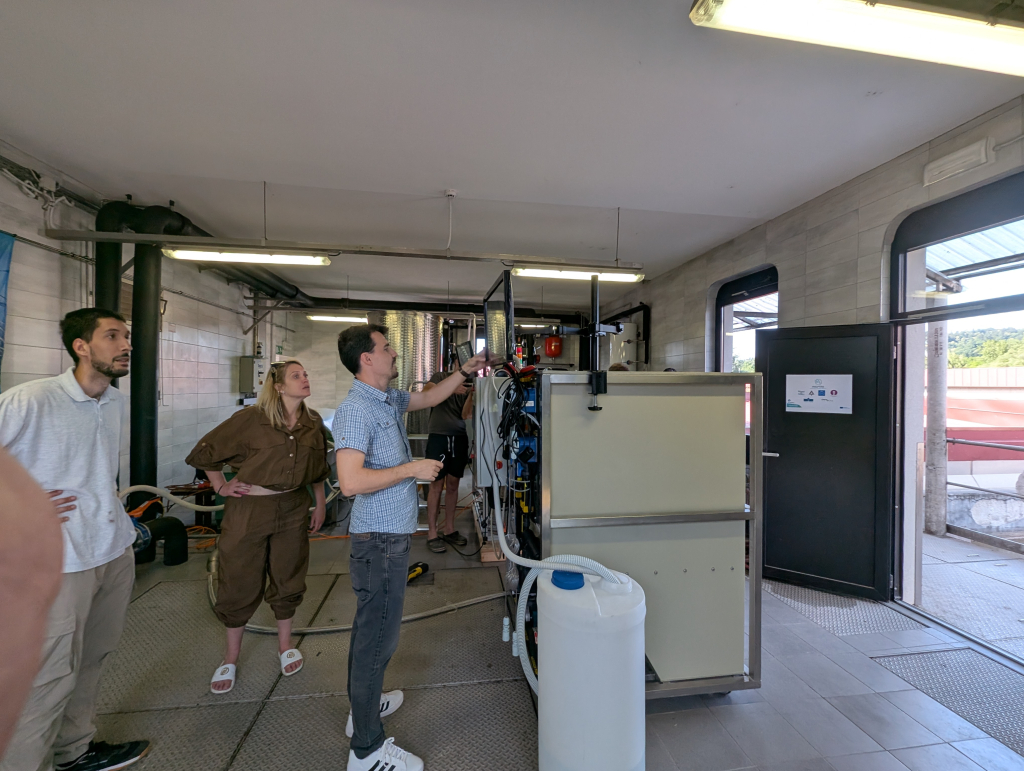
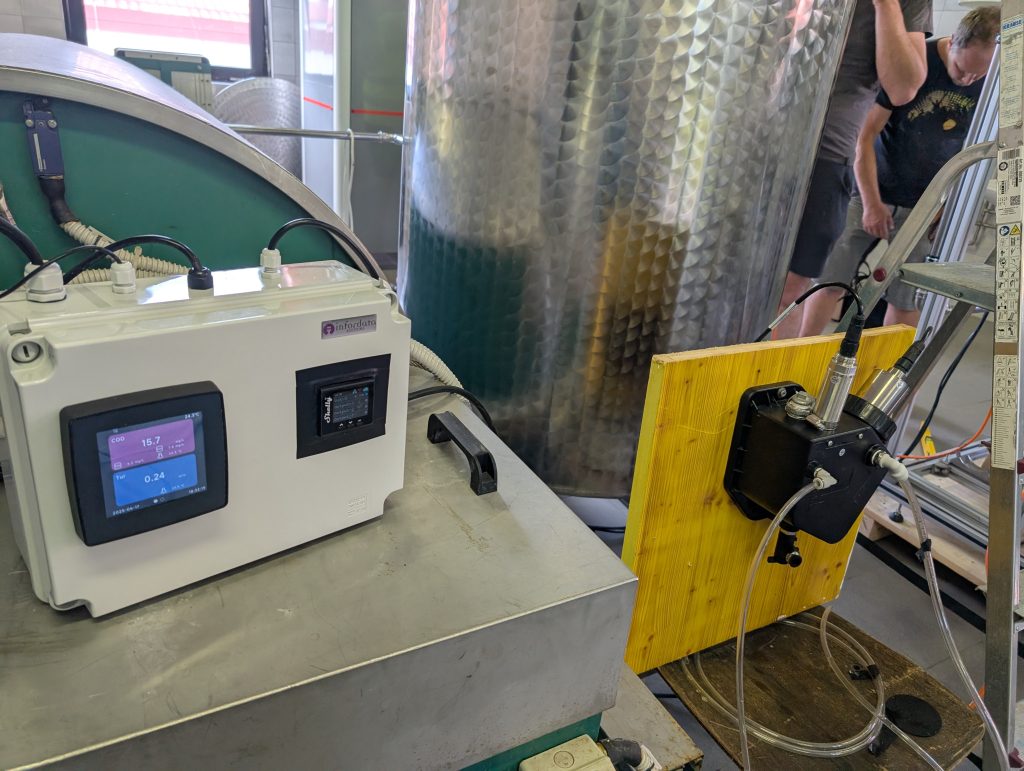
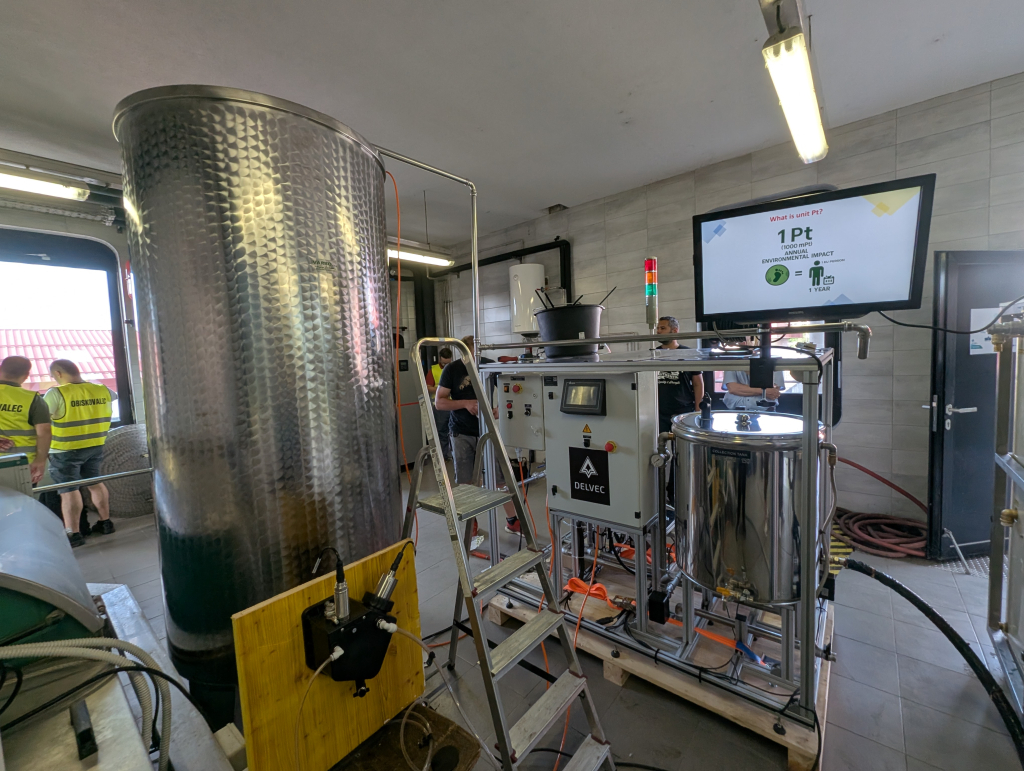
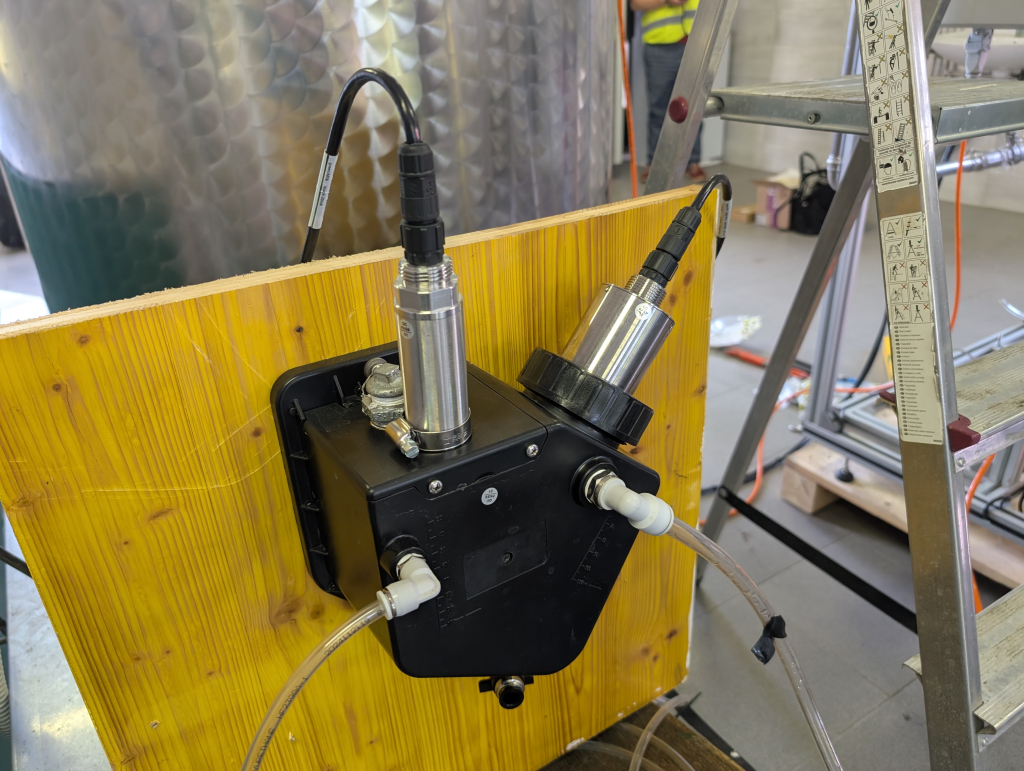
The data collected is transmitted in real time to the INSPIRE Impact Evaluation Dashboard database, where it will be analyzed in the coming months to assess the performance of the experimental technologies installed. In particular, specific tests will be conducted using the COD sensor to explore the potential for indirect quantification of microplastics. This continuous monitoring will continue for at least one year, laying the groundwork for detailed and comparative scientific analysis.
The INSPIRE Open Day was a valuable opportunity for exchange and visibility for Infordata, reaffirming its active role in the European landscape of digital and environmental innovation.

